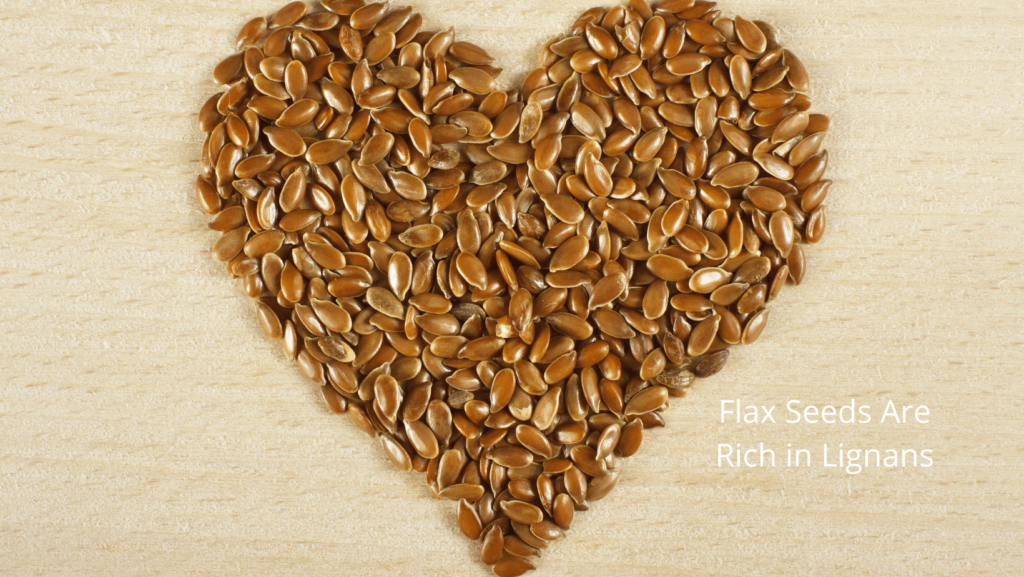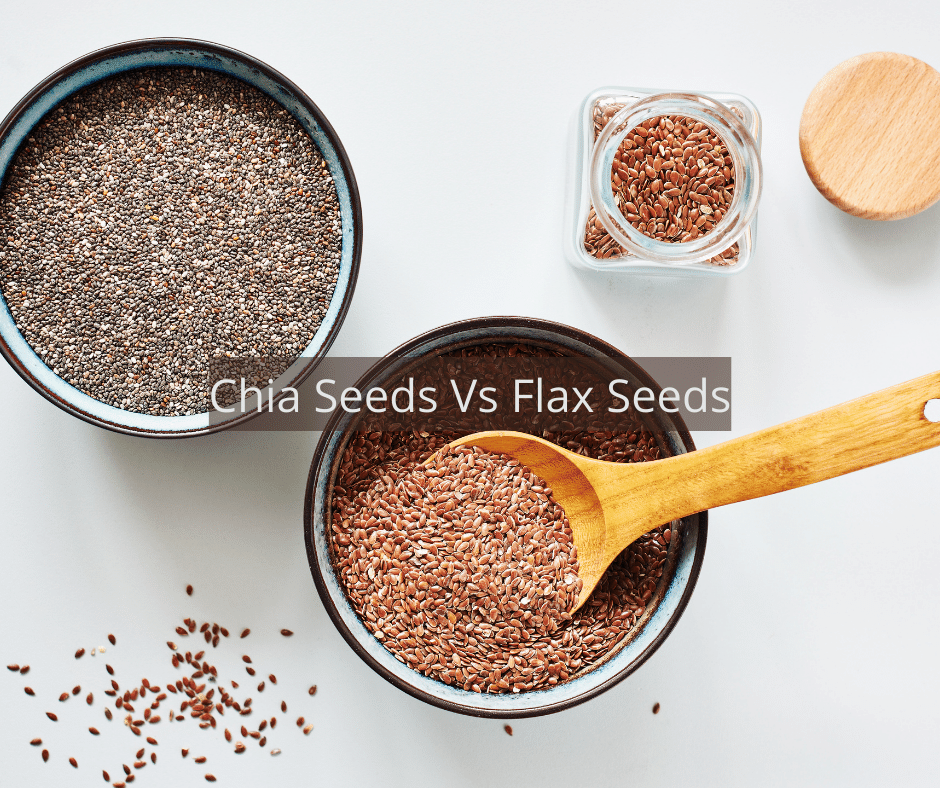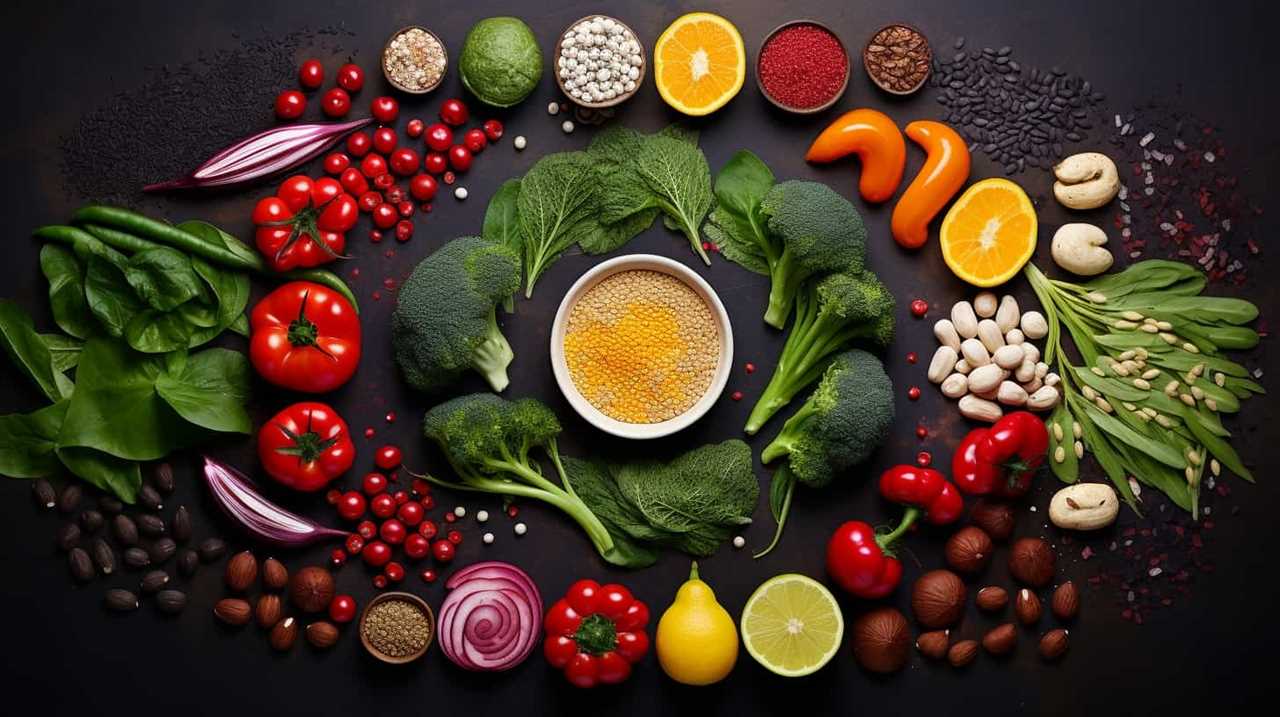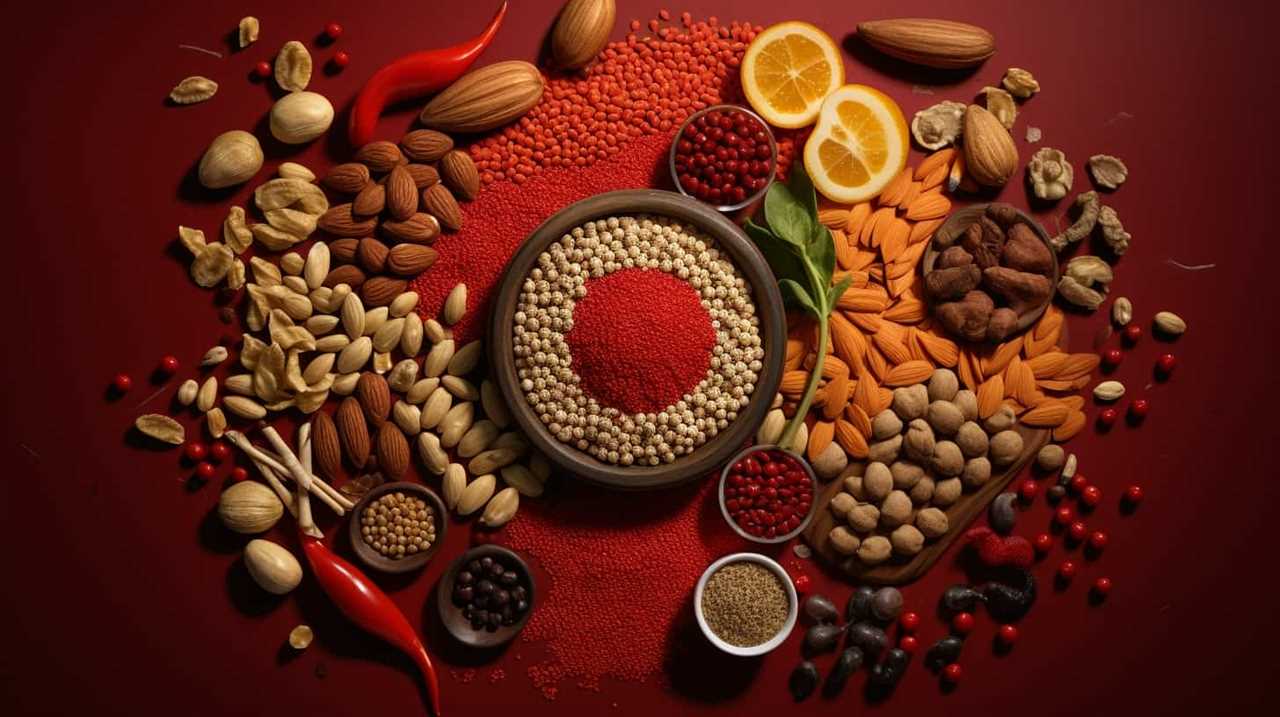Many people are unaware of the differences between chia seeds and flax seeds, but both are excellent sources of omega-3 fatty acids. These seeds are known for their high lignan content, which helps prevent heart disease. Chia seeds also offer a good dose of thiamine, which helps the body absorb essential nutrients. Conversely, flax seeds have a higher concentration of these important nutrients.
Chia Seeds Are Rich in Thiamine
Research indicates that chia seeds are highly beneficial for blood lipid levels. They also have hypotensive and hypoglycemic effects and an antimicrobial and immunostimulating effect. These benefits are also noted in animal studies. Furthermore, chia seeds are highly absorbent and can be used as emulsifiers and stabilizers in food products. This is a precious raw material for the food industry.
The seed is grown in Central America and other Latin American countries. They are mainly grown in Paraguay, Mexico, Ecuador, Guatemala, and Bolivia. They thrive best in clay or sandy-loam soils with good drainage. The seed is also used to prepare sterile ready-to-eat meals and breakfast cereals. Moreover, it has the potential to be added to a wide range of food items, including salads, yogurt, and cereals.
Researchers found that chia seed consumption improved antioxidant activity in the liver and blood. Furthermore, chia seeds are high in vitamin B3 (niacin), zinc, and thiamine. These nutrients are essential for the healthy functioning of the body and the prevention of diseases. They have anti-inflammatory properties and are a wonderful source of energy. However, the most crucial benefit of chia seed consumption is its high thiamine content.

Flax Seeds Are Rich in Lignans
Lignans are a type of phytonutrient found in flax seeds and are thought to prevent breast cancer. They have anti-tumor properties and have decreased tumor markers in animal studies. However, they may be harmful to pregnant women. It is best to check with your healthcare professional before incorporating flax seeds into your diet. If you are pregnant, limiting your intake of phytoestrogens and soy products is recommended.
The high lignan content of flaxseeds makes them an excellent source of phytoestrogens and antioxidants. Studies have shown that flaxseeds significantly affect high blood pressure and diastolic blood pressure. This effect was seen after 12 weeks of flaxseed consumption compared to those who did not consume flaxseeds at all. While flaxseeds and lignan extracts had the desired effect on diastolic blood pressure, they did not affect systolic blood pressure.
Studies have shown that flaxseeds may also help reduce systolic blood pressure, which is the amount of stress that builds up in arteries during heart contractions. Higher systolic blood pressure is associated with an increased risk of cardiovascular disease. One study of older adults found that flaxseed consumption decreased systolic blood pressure from 155 to 140 mm Hg. This indicates that flaxseeds may be an important way to reduce hypertension and cardiovascular risk.
Flax Seeds Contain More Omega-3 Fatty Acids
The two types of seeds are similar in nutritional profile, but flaxseeds have more omega-3 fatty acids per serving. Both contain fiber, omega-3 fatty acids, zinc, and magnesium. Chia seeds also have more omega-3 fatty acids, but flaxseeds have more thread. Chia seeds are more expensive than flaxseeds but are more nutritious. Chia seeds contain more protein, while flaxseeds are lower in calories.
Flaxseeds come from the plant Linum usitatissimum, which is a member of the family of linoleic acid. It is one of the oldest cultivated plants and is native to the Fertile Crescent region. Flaxseeds are incredibly high in omega-3 fatty acids and have several other benefits. They are an excellent source of fiber, protein, and omega-3 fatty acids, and studies have shown that they may lower blood pressure and improve cholesterol levels.
Despite the similarities, the two types of chia and flaxseeds have different uses in the kitchen. Chia seeds are used as a thickening agent and a vegan egg substitute. When mixed with water, chia seeds have a gel-like consistency. Chia seeds can be sprinkled on salads and smoothies. Chia seeds can be used in place of flaxseeds in smoothies. Chia seeds are great for adding fiber to your diet and can be used in place of egg whites.









